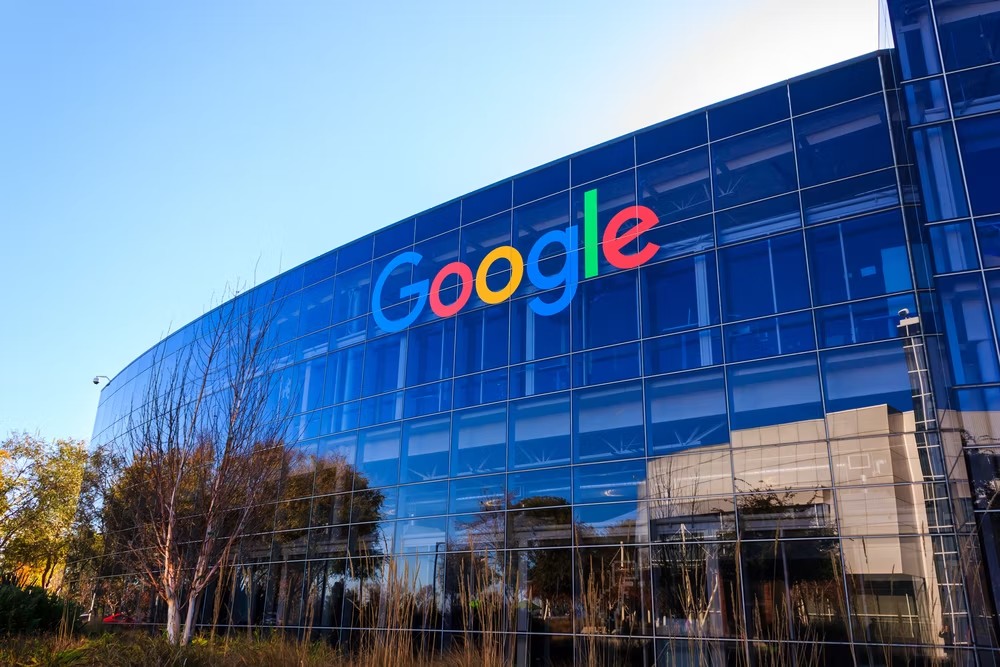The Indian e-commerce landscape witnessed a significant development with Google’s announcement of a $350 million investment in Flipkart, Walmart’s majority-owned Indian e-commerce giant. This move, while seemingly a minority stake acquisition, has the potential to reshape the competitive dynamics of the Indian online retail space. Let’s delve into the implications of this strategic partnership.
Boost for Flipkart’s Technological Prowess
Flipkart has been steadily growing, boasting over 400 million registered users and clocking billions of dollars in gross merchandise value (GMV). However, it faces stiff competition from Amazon, which holds a dominant position in the Indian market. Google’s investment brings several advantages to Flipkart:
-
Cloud Technology Edge: Flipkart can leverage Google Cloud Platform (GCP) to enhance its scalability, data analytics, and machine learning capabilities. This could significantly improve user experience through faster loading times, personalized recommendations, and efficient logistics management.
-
AI and Machine Learning Integration: Google’s expertise in AI and machine learning can be instrumental in powering Flipkart’s recommendation engines, fraud detection systems, and targeted advertising campaigns. This could help Flipkart personalize user journeys, optimize pricing strategies, and gain a competitive edge.
-
Integration with Google Services: Deeper integration with Google services like Google Pay and Google Maps could streamline the online shopping experience for Flipkart users. Imagine seamless one-click payments or real-time delivery tracking powered by Google Maps – these features could significantly enhance customer convenience.
A New Frontier for Google in India
For Google, the Flipkart investment is a strategic move to solidify its presence in the burgeoning Indian e-commerce market, estimated to reach $350 billion by 2030 [e-commerce market size in India]. Here’s how Google stands to benefit:
-
Access to a Massive Consumer Base: Flipkart’s extensive reach and user base provide Google with a valuable platform to promote its own products and services like Google Assistant, Google Pay, and Android smartphones. This could significantly boost Google’s user base and market share in India.
-
Data Acquisition and Insights: Access to Flipkart’s vast consumer data, anonymized and within regulations, can provide valuable insights into Indian consumer behavior. This data can be used to refine Google’s advertising offerings and personalize services for Indian users.
-
Countering Amazon’s Dominance: Amazon remains the undisputed leader in Indian e-commerce. Google’s partnership with Flipkart creates a stronger competitor with potentially superior technological capabilities. This could lead to a more balanced and competitive e-commerce environment in India.
Potential Challenges and Considerations
While the partnership offers exciting possibilities, some challenges need to be addressed:
-
Regulatory Hurdles: Data privacy regulations in India are evolving. Ensuring compliance with data sharing practices between Flipkart and Google will be crucial.
-
Integration Challenges: Merging two tech giants’ platforms requires careful planning and execution. Seamless integration of Google Cloud and Flipkart’s existing infrastructure will be essential for success.
-
Maintaining a Level Playing Field: Concerns may arise regarding potential preferential treatment for Google products and services within the Flipkart platform. Maintaining a fair and competitive marketplace will be vital.
Impact on Amazon and the Broader Market
The Google-Flipkart deal undoubtedly puts pressure on Amazon. Here’s how it might play out:
-
Intensified Competition: The combined forces of Flipkart and Google’s technology could lead to a more aggressive pricing environment and innovative customer acquisition strategies. This could force Amazon to adapt and potentially offer more competitive pricing and services.
-
Evolving Consumer Landscape: As Flipkart leverages Google’s technological capabilities, Indian consumers might experience a more personalized and efficient online shopping experience. This could shift consumer preferences and potentially lead to a more balanced market share between Amazon and Flipkart.
-
Opportunities for Smaller Players: The increased competition between Flipkart and Amazon could create space for smaller players to differentiate themselves by focusing on niche markets or specialized product offerings.
The Road Ahead
The Google-Flipkart partnership marks a significant development in the Indian e-commerce landscape. Whether it translates into a true game changer for Flipkart and the Indian e-commerce ecosystem remains to be seen. The success of this venture will hinge on effectively navigating regulatory hurdles, ensuring smooth technological integration, and fostering a fair and competitive marketplace. Nevertheless, this strategic move has the potential to intensify competition, improve customer experience, and ultimately benefit Indian consumers by offering a wider range of choices and potentially better deals.




